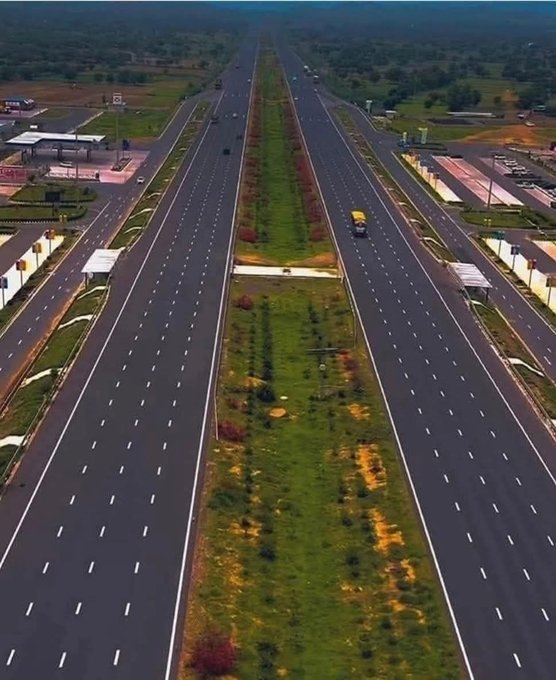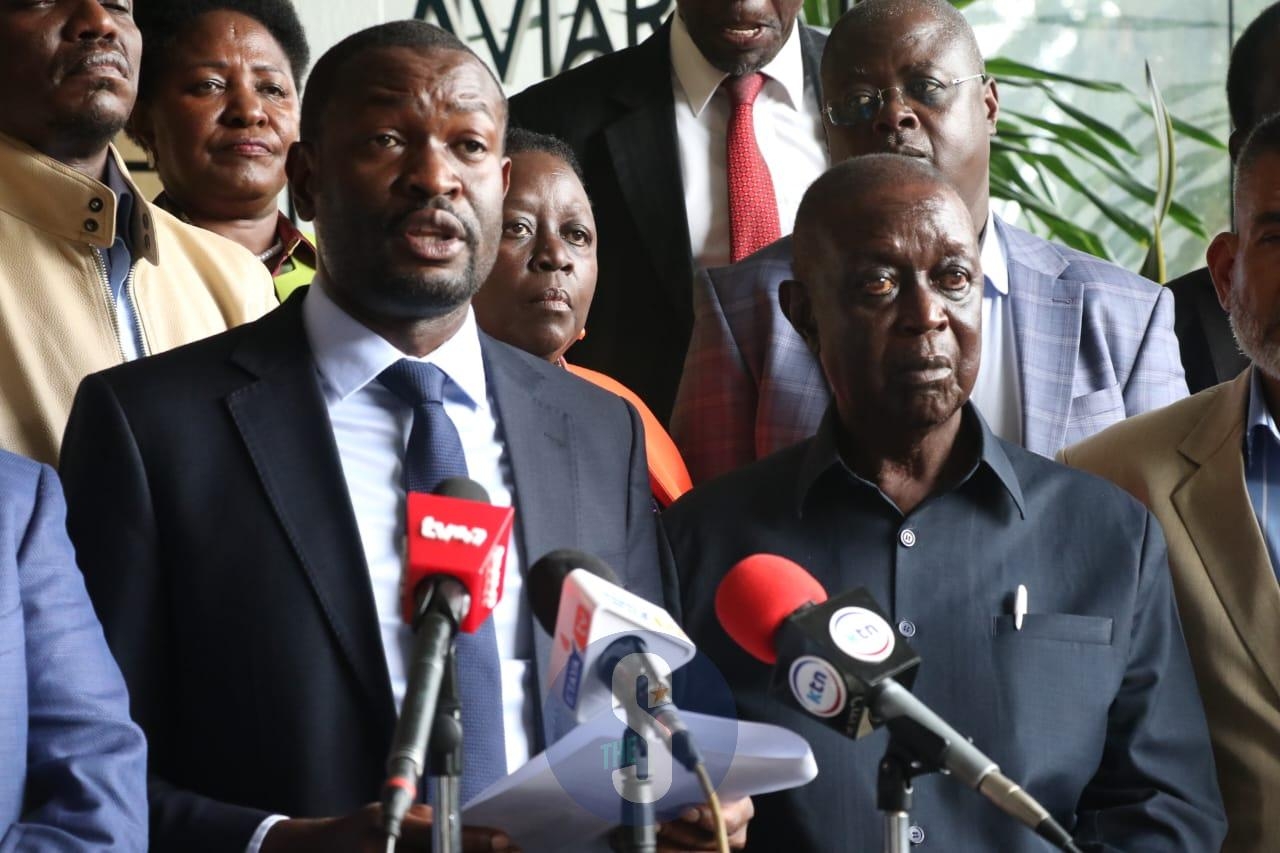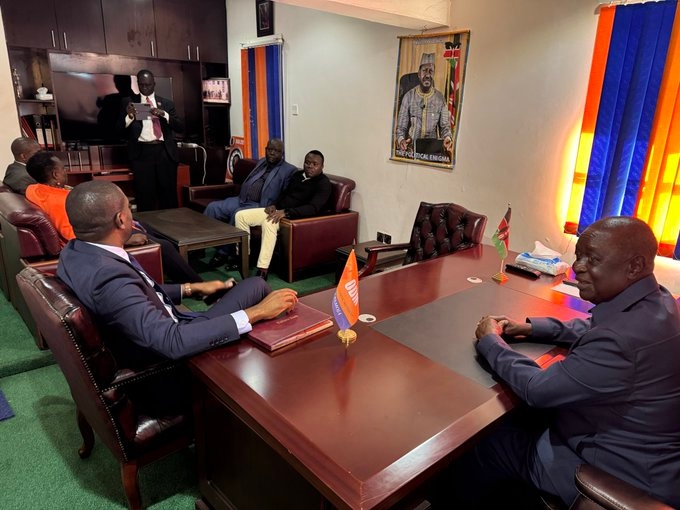With four months to the general election, the shifting base of Kenyan politics is even more volatile. Kenyan political players will defect from one political coalition to another as they assess and anticipate the political winds. The 2022 election puts Kenya at a crossroads. However, political coalitions in Kenya are still about ethnic mobilisation.
Kenyan political coalition formation is still rooted in ethnic mobilisation because the narrative of disbursing national resources is viewed through an ethnic prism. While devolution in the 2010 Constitution brought government closer to the people and decentralised the focus of resource allocation, it reinforced ethnic cleavages around counties.
The 47 counties were carved in close resemblance to Kenya’s 42 major ethnic communities. As a result, during the electoral cycle, the mode of forming political coalitions heavily gravitates around ethnic mobilisation. Political coalitions win power through cobbling together the widest berth of co-ethnics around a political player.
Secondly, Kenyan politics is about big individuals, not big ideas. Therefore, political coalitions are centred around individuals who define themselves as ethno-regional notables with the widest appeal to a political constituency in particular regions.
These individual ethno-regional notables join and form political coalitions with a key focus on ethnicity. These politicians only play the political game according to the surface of the pitch. The reality of the playing surface that is the face of Kenyan politics dictates an ethnic ethos to effectively mobilise the electorate and win elections.
This makes big ideas irrelevant as populism around ethnic identity develops more salience. Kenyan politics will for a long time to come, be about politicians and not policy. About the charisma of political players and not the causes of social problems. About big individuals, not big ideas.
Thirdly, political coalitions are centred around ethnicity because most of Kenya’s poor live around co-ethnics in rural areas that suffer marginalisation and grinding poverty. This raises the stakes in national politics about not being included in government.
Voting for a co-ethnic to win elections in a political coalition is key to addressing political marginalisation for most of Kenya’s poor. According to the latest World Bank estimates, 72 per cent of Kenya’s population lives in rural areas. Over half of this population lives in poverty.
With a historical legacy since Independence of resources being directed at regions that supported the government in power, and resources being denied to regions that did not support the government in power, ethnicity has become weaponised. The majority of Kenya’s poor fear continued marginalisation. They look to political players to ensure they are in a winning coalition to access their share of the national cake.
In forming political coalitions that are ethnically driven, Kenyan politicians are only responding to the demands of the economy of the political marketplace. For now, most of the electorate who live in rural areas still envisage access to national resources via political players emerging from or speaking to rural spaces.
While the reality that political coalitions are centred around ethnic mobilisation is a status quo that will remain for some time to come in Kenyan politics, political coalition formation is an important part of the country’s political development.
More credence needs to be given to encouraging political coalitions that centre on ideas and not individuals. The unseen benefit behind the folly of political coalitions centred around ethnic mobilisation is that there is space for political coalitions to be institutionalised into party coalitions.
These party coalitions will eventually produce issue-based politics. Big ideas, and not big individuals. Kenya remains a complicated polity. Politicians will continue to reflect the wider electorate that shapes them. Political coalitions will continue to be centred around ethnic mobilisation for some time to come.
Prof Monda teaches political science, international relations, and American government at the City University of New York (John Jay College), New York, USA. [email protected], @dmonda1, www.davidmonda.com
“WATCH: The latest videos from the Star”











